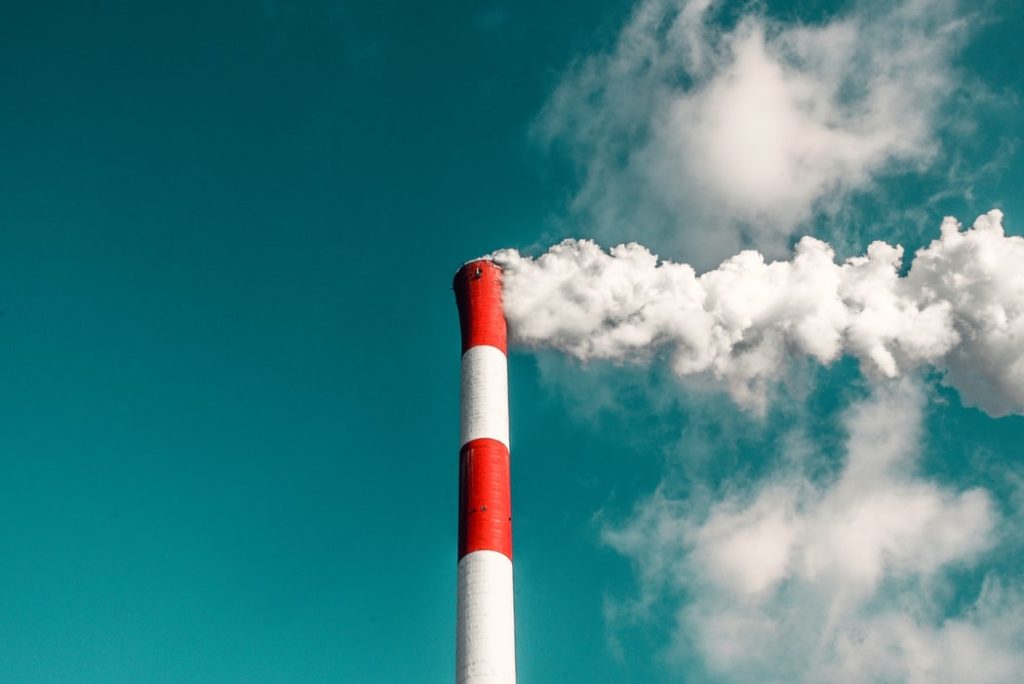New research in Europe and the United States shows that less than half of the public across the countries surveyed are aware of the scientific consensus on climate change.
The survey, commissioned by dpart, a Berlin-based think tank, and the Open Society European Policy Institute (OSEPI), was published yesterday. The data collection for the survey took place in August. In total, the survey is based on the responses of 10,233 people, ages 18 to 74, in Germany, France, Italy, Spain, Sweden, Poland, Czech Republic, the UK and the US.
“Many citizens across Europe and US still don’t realise that scientific consensus on human responsibility for climate change is overwhelming,” said Heather Grabbe, director of OSEPI. “Though outright denialism is rare, there is a widespread false belief, promoted by vested interests opposed to emissions reductions, that scientists are split on whether humans are causing climate change.”
“Our polling shows that the more convinced people are that climate change is the result of human activity, the more accurately they estimate its impact and the more they want action,” she added.
The survey charts attitudes on the existence, causes, and impacts of climate change in the nine countries. It also examines public attitudes to a series of policies that the EU and national governments could harness to reduce the damage inflicted by human-made emissions.
Large minorities – ranging from 17 per cent in Spain to 44 per cent in France -– still believe that climate change is caused equally by humans and natural processes. This matters because those who do accept that climate change is the result of human action are twice as likely to believe it will cause negative consequences in their own lives.
When added to the “hard” sceptics, who do not believe human activity is a contributing factor to climate change, these sceptics together make up the majority in France, Poland, the Czech Republic and the USA.
Significant minorities believe scientists are equally divided on the causes of global warming, including two thirds of voters in Czech Republic (67%) and nearly half in UK (46%). In reality, 97 per cent of climate scientists agree that humans have caused recent global warming.
Some figures may come as a surprise. In all nine countries surveyed, an overwhelming majority of respondents say that the climate is probably or definitely changing – ranging from 83 per cent in the US to 95 per cent in Germany. If the survey is representative of the US, the Trump administration’s denial of climate change is not shared by the majority of Americans.
In fact, outright climate change denial is scarce in all of the countries surveyed. The US and Sweden have the largest group of people who either doubt climate change or are convinced it is not happening, and, even here, it only comprises just over 10 per cent of those surveyed.
The report also finds that there is polarisation along party political lines on climate change – in Europe as well as the US. Those on the left tend to be more aware of the existence, causes and impact of climate change, and more in favour of action, than people on the right. These differences are more important than demographic variation in most countries.
Majorities are willing to act on climate change, but the actions they favour tend to be consumer-focused rather than efforts to create collective social change. A majority of respondents in every country say they have already cut their plastic consumption (62%), their air travel (61%) or their car travel (55%).
A majority also says they either already have or are planning to reduce their meat consumption, switch to a green energy supplier, vote for party because of their climate change programme, or buy more organic and locally produced food. Food systems remain one of the key drivers of climate change and environmental degradation, according to the EU Farm to Fork strategy.
Majorities in Europe are willing to reduce their meat consumption, but figures vary widely. Only a quarter of people in Italy and Germany are not willing to reduce their meat consumption, compared to 58 per cent of people in the Czech Republic, 50 per cent people in the US, and around 40 per cent in the Spain, the UK, Sweden and Poland.
Just 47 per cent of those surveyed believe they, as individuals, have very high responsibility for tackling climate change. In every EU country, respondents were slightly more likely to see the EU as having a high responsibility for reducing climate change than national governments. The polling also finds that people prefer to be offered incentives to act on climate change rather than face bans or carbon taxes.
The Brussels Times

